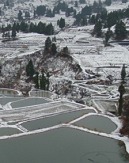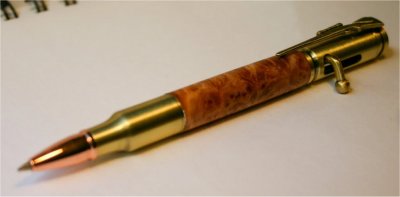Fish will feel ‘hungry’ in cold water, even down to the mid forties however the enzymes needed for the digestion of most Koi food will be lacking. The fish will eat, sometimes fully, and then languor in the cold water as their metabolism slogs the food through. In very cold water, fish simply don’t eat. If the food is going to be processed by “cold” fish with impaired metabolism, it has made sense to most people to offer foods which are easily and quickly digestible and which contain minimal residue to stall the gut. Over the years, soluble plant proteins like wheat germ were found to be effective, and so were Cheerios. Fish love Cheerios, especially the Honey Nut Cheerios. Try it, you will see they go for the darker, tastier(?) Honey Nut Cheerios over the plain ones. And they can tell when you buy generic Cheerios. But it’s okay.
The point of Cheerios is that they supply some useful energy, with minimal nitrogen to strain a cold biological filtration system, and the fish like ’em. A lot. In my own pond, I’ve noticed that Cheerios are sort of fattening when offered with regular food year round, so if you want to put some weight on a big female fish, especially through her face, give her some Cheerios with her regular diet through the year.

In cold water I recommend that you:
1. Reduce feeding drastically in water under 70 but above 64 Fahrenheit. Feed sparingly once per day or every other day. Watch for elevations in Ammonia because of a stalled bio filtration.
2. Feed Cheerios once, every other day in water under 64 but above 53 DF.
3. Stop feeding when water temps are consistently under 55 – 53 DF
4. Resume feeding Cheerios in the Spring when water temps are consistently at or above 55 – 53 DF





